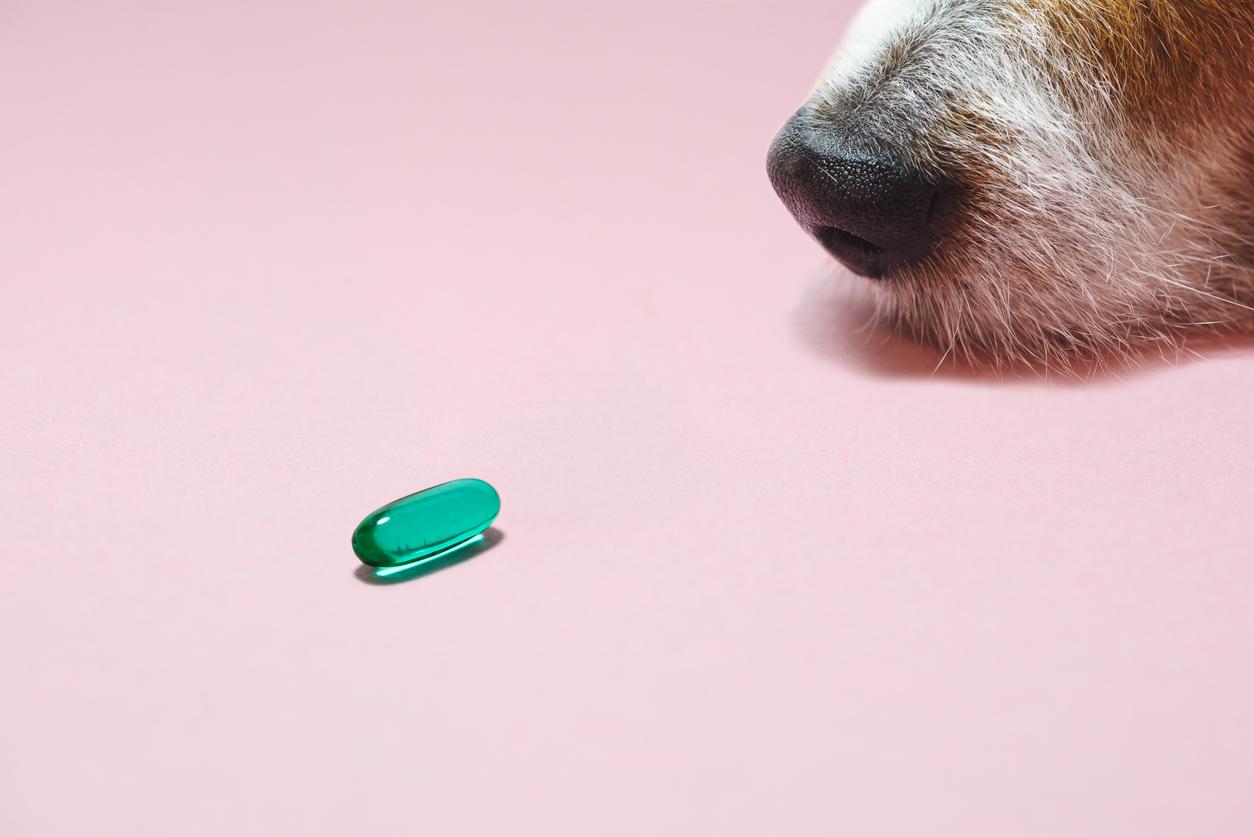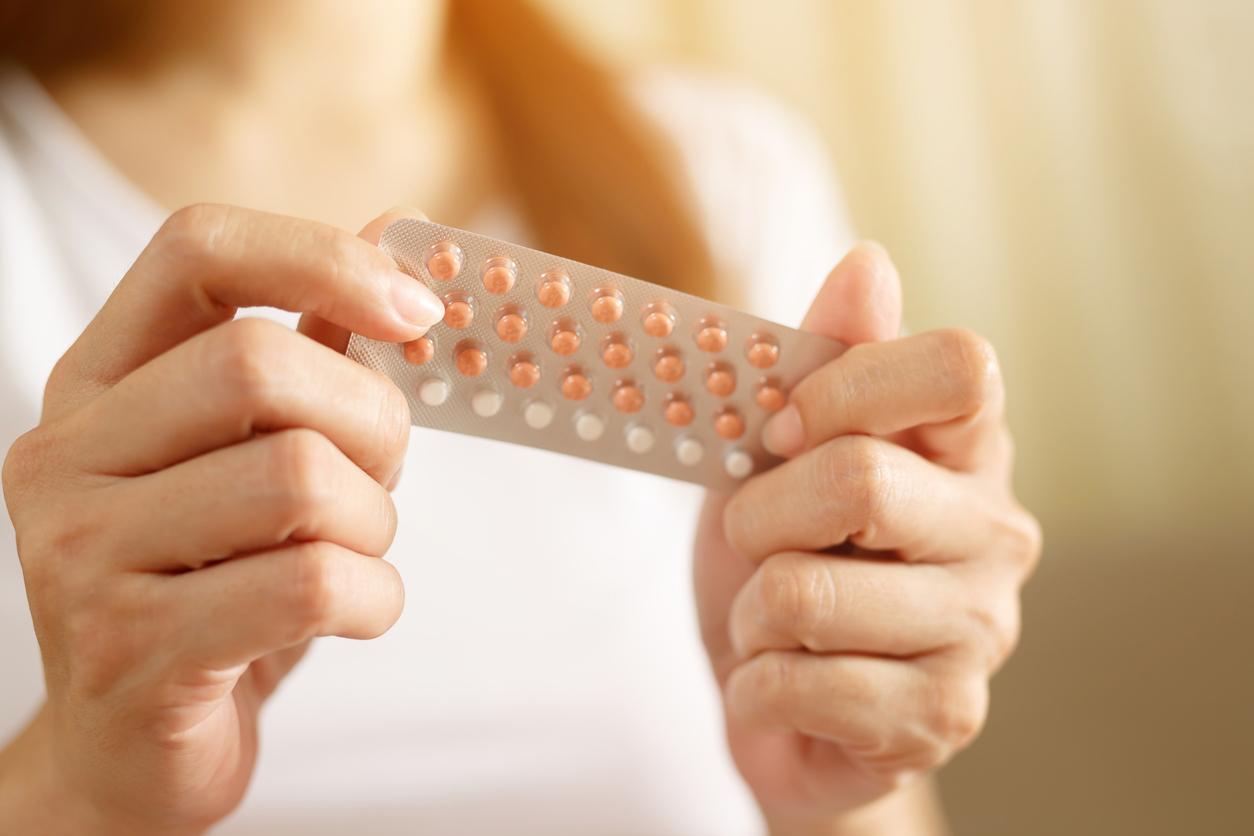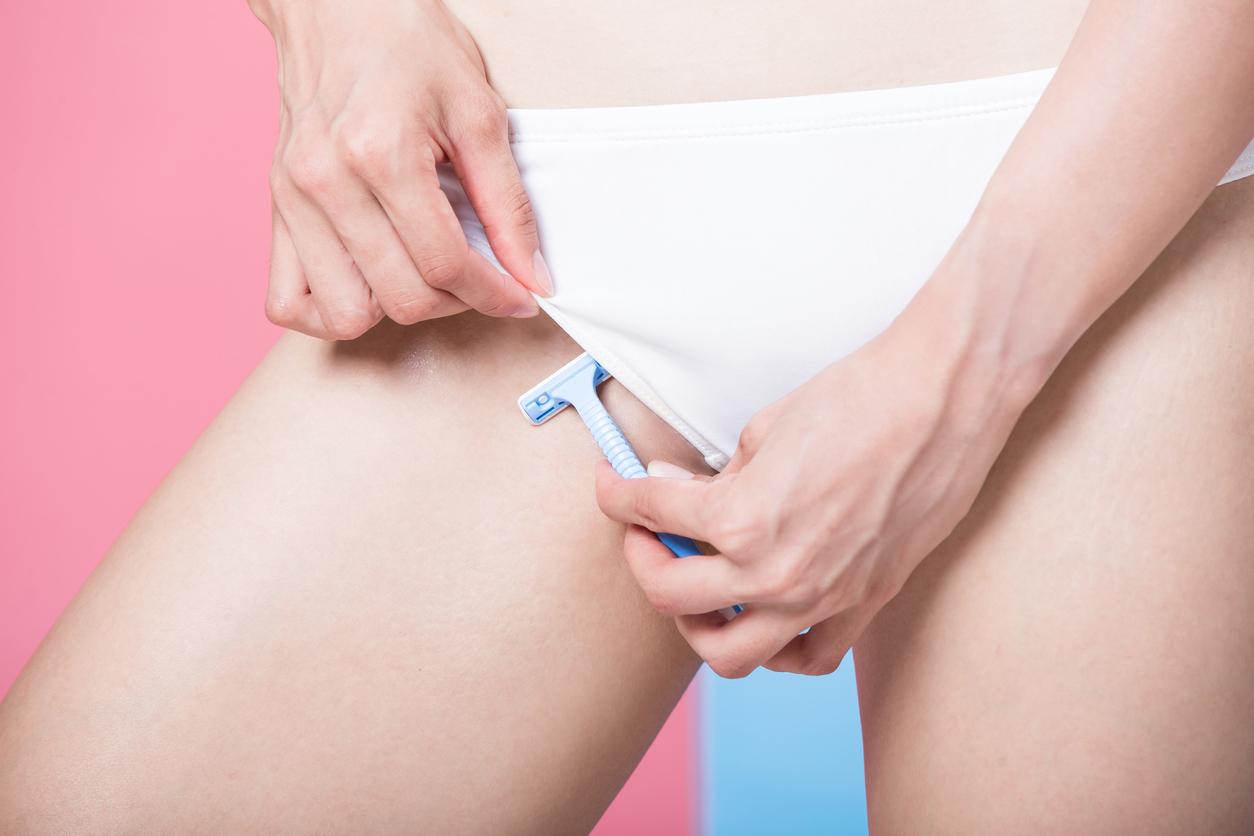After unprotected sex, it may soon be possible to take a morning-after pill against sexually transmitted infections (STIs).

- Several studies show that DoxyPEP could be effective in combating STIs following unprotected sex.
- So far, these trials have only included a small number of people.
- In France, sexually transmitted infections have been increasing for several years.
What if protecting yourself from STIs following unprotected sex became possible thanks to a morning-after pill? This is what could soon happen thanks to DoxyPEP.
Morning after pill against STIs: the promises of DoxyPEP
Research on this approach is limited, but it has already shown positive results. So much so that the American Centers for Disease Control and Prevention recently proposed guidelines for its use (still not finalized today, Editor’s note).
“To protect yourself from STIs, it would be enough to take 200 milligrams of doxycycline within 72 hours following sexual intercourse without a condom,” said explained to IFLScience Dr. Manik Kohli. “Three clinical trials showed that this method was effective in gay men, bisexual men and transgender women in preventing chlamydia, syphilis and gonorrhea,” he adds.
So far, these trials have only included a small number of people. “We still don’t know enough about the effectiveness of DoxyPEP in cisgender women, transgender men, and non-binary people with vaginas. There is only one existing study on cisgender women in Kenya, and the data from this study were rather mixed”, also said Dr. Ben Weil.
Morning after pill against STIs: a 58% reduction in incidents
The most interesting interim results come from the San Francisco AIDS Foundation clinic. “We offered DoxyPEP to all of our patients who were already taking PrEP (pre-exposure prophylaxis) against HIV. We wanted to evaluate the impact of this intervention after rolling it out in our clinic,” explains Dr. Hyman Scott.
“We then noticed that the impact was rapid and significant,” he continues. “We found a 58% reduction in STI incidents within a year of program implementation. The reduction was most dramatic for syphilis, at 78%, and for chlamydia , with 67%”, he indicates. The reduction in gonorrhea cases, however, was more modest (11%).

In France, in 2022, 2.6 million people will have benefited at least once from reimbursed screening for Chlamydia trachomatis infection, 3 million from screening for gonococcal infection and 3.1 million syphilis screening.
“The screening rate for these three STIs continues to increase in 2022 as it has for several years, apart from a one-off drop in 2020,” indicates Public Health France.















